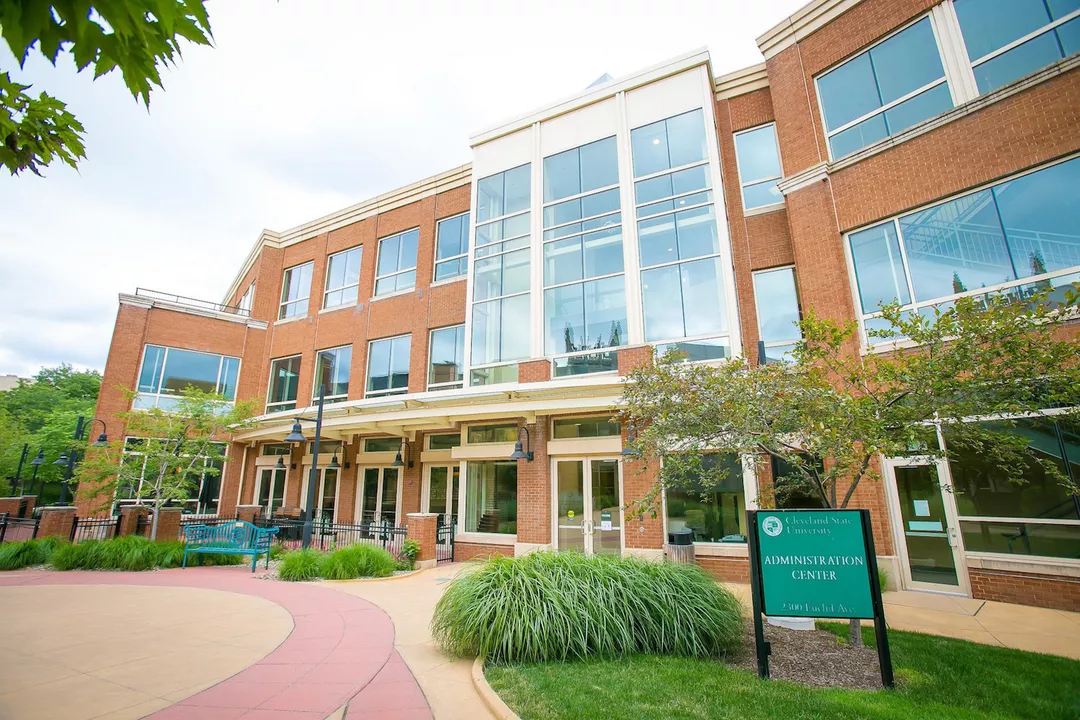-
hello@abroadcube.com
Mail us
-
Call For Help:
98779 83783
-
Whatsapp Us
70090 34921
Graduate Direct is designed for international students with advanced English-language skills. The focus is on academic, cultural and professional growth so students can excel in school—and prepare for a successful future.
The objective of the degree program is to train students in the analytical and computational methods of structural mechanics, the analysis of the mechanical behavior of solids, the fundamentals of material science, and the processing of materials. Recent advances in computational solid mechanics with computer-based algorithms have revolutionized the ability to simulate intelligently both linear and nonlinear structural phenomena. The engineering of advanced materials requires expertise ranging from stress analysis to materials science. Due to this diversity, the program is interdisciplinary in nature with contributions from the Chemical, Civil and Environmental, and Mechanical Engineering graduate programs. It also prepares students for continued study in the Doctor of Engineering program.
Two areas of specialization are available:
The Structural Mechanics track considers analytical and computational approaches to mechanics and materials. It emphasizes numerical formulations and computer simulations of basic structural and material phenomena from a stress/strain viewpoint. The Mechanics and Materials track concentrates on the material science aspects of materials, including the laboratory testing and development and investigation of new engineered materials. All students must complete a common set of core courses specified.
| Level | Masters |
| Discipline | Engineering |
| Duration | 24 months |
| Intakes | Jan, Sep |
| Application Fees | USD 0 |
| Tuition Fees | USD 21838 |
| Campus | Main |
| Language proficiency (minimum) | |
| IELTS | 6 |
|---|---|
| TOEFL | 78 |
| PTE | 50 |
| Duolingo | 100 |
| Exam proficiency (minimum) | |
| SAT | Not Required / Waiver |
|---|---|
| ACT | Not Required / Waiver |
| GRE | Not Required / Waiver |
| GMAT | Not Required / Waiver |
Minimum GPA - 70%
QS Quacquarelli Symonds is the world’s leading provider of services, analytics, and insight to the global higher education sector, whose mission is to enable motivated people anywhere in the world to fulfil their potential through educational achievement, international mobility, and career development.
THE (Times Higher Education) has been providing trusted performance data on universities for students and their families, academics, university leaders, governments and industry, since 2004. We create university rankings to assess university performance on the global stage and to provide a resource for readers to understand the different missions and successes of higher education institutions.
The Academic Ranking of World Universities (ARWU) was first published in June 2003 by the Center for World-Class Universities (CWCU), Graduate School of Education (formerly the Institute of Higher Education) of Shanghai Jiao Tong University, China, and updated on an annual basis
The "Webometrics Ranking of World Universities" is an initiative of the Cybermetrics Lab, a research group belonging to the Consejo Superior de Investigaciones Científicas (CSIC), the largest public research body in Spain. CSIC is among the first basic research organizations in Europe. The CSIC consisted in 2006 of 126 centers and institutes distributed throughout Spain.

